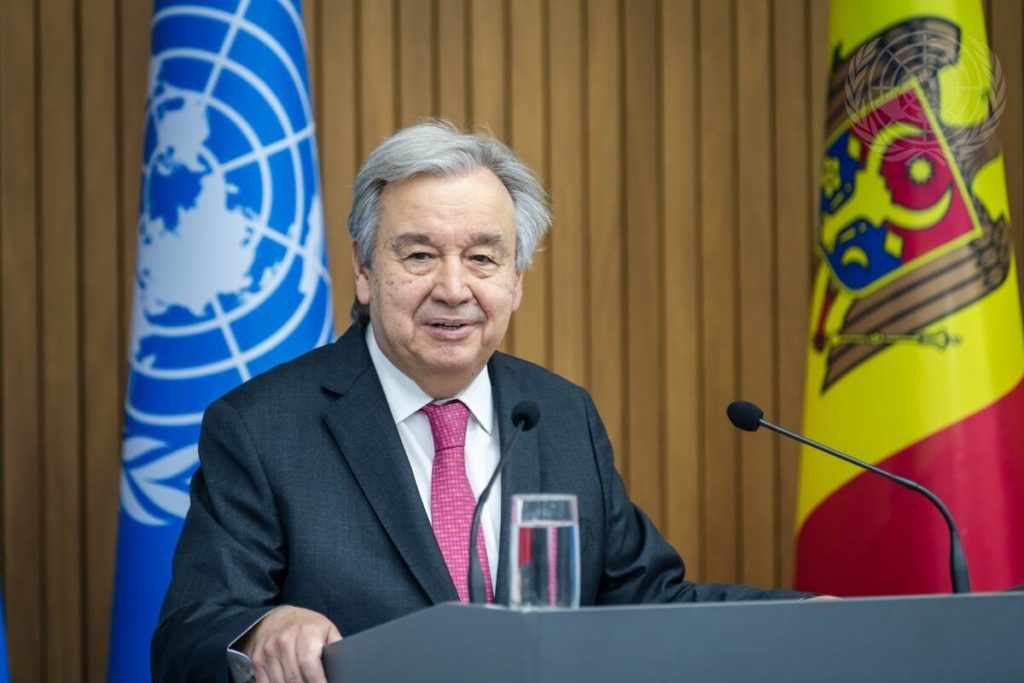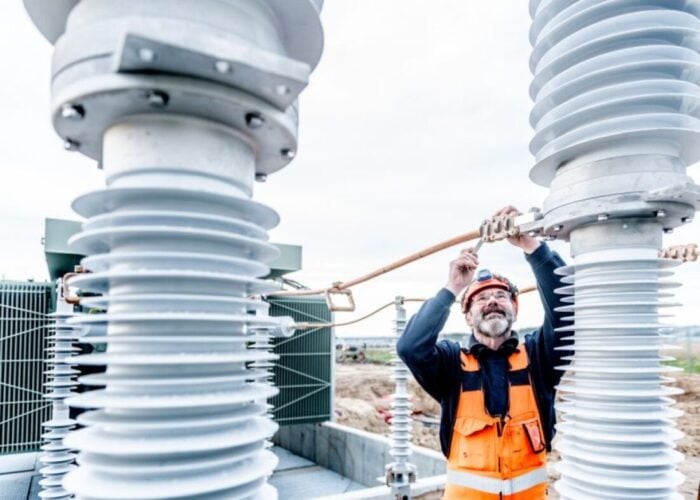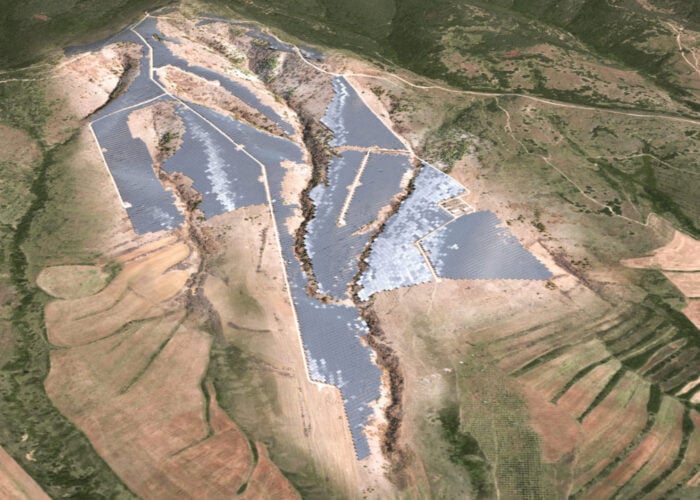
The UN secretary-general, António Guterres, has issued a stark warning concerning the “dismal litany of humanity’s failure to tackle climate disruption” in a speech in which he set out “five critical actions to jumpstart the renewable energy transition”.
Speaking at the launch of the World Meteorological Organisation’s State of the Global Climate 2021 Report, Guterres described the global energy system as “broken” and “bringing us ever closer to climate catastrophe”. He called on the world to “end fossil fuel pollution and accelerate the renewable energy transition, before we incinerate our only home”.
Unlock unlimited access for 12 whole months of distinctive global analysis
Photovoltaics International is now included.
- Regular insight and analysis of the industry’s biggest developments
- In-depth interviews with the industry’s leading figures
- Unlimited digital access to the PV Tech Power journal catalogue
- Unlimited digital access to the Photovoltaics International journal catalogue
- Access to more than 1,000 technical papers
- Discounts on Solar Media’s portfolio of events, in-person and virtual
Guterres proposed five critical actions to jump-start the renewable energy transition. The first of these was treating renewable technologies such as battery energy storage systems (BESS) as “essential and freely-available global public goods” by “removing obstacles to knowledge sharing and technological transfer”, including intellectual property constraints.
“Storing renewable electricity is often cited as the greatest barrier to the clean energy transition,” said Guterres as he called for a global coalition on battery storage to fast-track innovation and deployment.
Second, he said the world must “secure, scale up and diversify the supply of critical components and raw materials for renewable energy technologies” as he criticised the unequal concentration of supply within a “handful of countries”, a veiled reference to China’s dominance.
“The renewable age cannot flourish until we bridge this vast chasm. This will take concerted international coordination.” Guterres said, adding that governments must invest in skills training, research and innovation, and incentives to build supply chains.
He also highlighted how renewables such as wind and solar are “readily available and in most cases, cheaper than coal and other fossil fuels”, pointing to how the cost of solar and batteries has plummeted 85% in the past decade.
Third, Guterres said “governments must build frameworks and reform bureaucracies to level the playing field for renewables” as, in many countries, “these systems still favour deadly fossil fuels.”
“We must prevent bottlenecks, where gigawatts of renewable projects are held up by red tape, permits and grid connections,” said the UN Secretary-General.
“I call on governments to fast-track and streamline approvals of solar and wind projects, modernise grids and set ambitious 1.5-degree-aligned renewable energy targets that provide certainty to investors, developers, consumers and producers.”
Permitting and grid connection issues have been continually flagged as factors holding back greater renewable deployment and penetration into the energy mix, most recently by SolarPower Europe which has called for major permitting reform as part of the EU’s new REPowerEU strategy, released today.
Fourth, governments must shift subsidies away from fossil fuels to protect the poor and most vulnerable people and communities, Guterres said, noting how fossil fuels received US$11 million in subsidies “every minute of every day”.
Fifth and finally, private and public investments in renewable energy must triple to at least US$4 trillion dollars a year, he said.
“For solar and wind power, upfront payments account for 80% of lifetime costs. That means big investments now will reap big rewards for years to come,” Guterres said as he called for blended finance that provides the necessary structures to close existing funding gaps and unlock the trillions held by private actors.
“Renewables are the only path to real energy security, stable power prices and sustainable employment opportunities. If we act together, the renewable energy transformation can be the peace project of the 21st century,” Guterres concluded.







